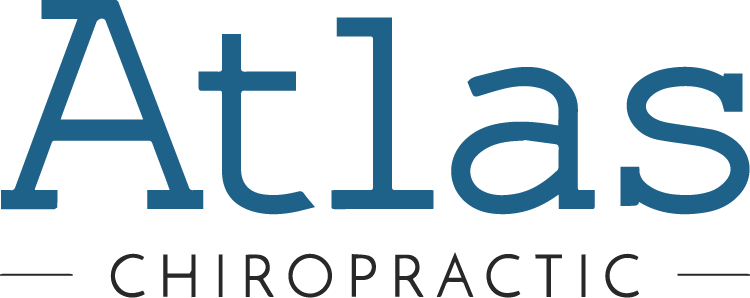Health is a topic that is ever changing. It seems like every year there is some new magic bullet designed to get us healthy. Whether that is a diet designed to eliminate fat or to eat like the cavemen, we are constantly bombarded with new and exciting opinions as to what is best. I am here today to illuminate the mystery behind Omega-3 fatty acids, AKA fish oil. Many of you have probably heard about fish oil at some point over the last few years. You have probably heard that it is good for your heart, or that it helps with joint pain and decreasing inflammation. These claims are true, but did you know that fish oil actually supports the health of your brain and nervous system?
Omega 3’s are found in a variety of different forms ranging from fish to green leaves of plants to certain seeds. Their purpose is multifaceted but what I want to focus on today is the impact they have on your brain and nervous system. Our brains are made up of billions of cells forming trillions of connections responsible for creating our reality. Now what maintains these cells ability to do that effectively is the membrane that surrounds each of them which is made up of Omega-3 fat. If the level of Omega-3 fat drops, the cells become more rigid and are unable to function properly.
Let’s look at an example of why these oils are so important. A study was done looking at mothers who developed post-partum depression shortly after giving birth. It looked at countries around the world and found that countries that consumed high levels of fish (DHA) had decreased levels of post-partum depression compared to countries that had lower levels of fish consumption. This finding suggests that woman should increase their omega 3 fat intake, specifically DHA, while pregnant and nursing. It is estimated that the developing fetus will extract over 50% of the mothers DHA stores during its development, which greatly increases the risk of post-partum depression if those levels are not replenished.
So now that we understand the importance of fish oil, where can we find it and how much do I need? Fish oil can be found in many different forms. Like I mentioned above, you can find Omega 3s in the green leaves of plants like grass, phytoplankton, algae and seaweed. You can get it directly from oily fish like Alaskan Salmon, Sardines, Anchovies, and Krill. If whole fish isn’t your thing, supplementation is the way to go. There are tons of products out there ranging from capsules, cod liver oils, flax oil, etc. What I recommend to patients is a company called Nordic Naturals. This company produces very safe products that do not contain any harmful chemicals or fillers that other companies often do. What I recommend to my patients is to start taking 2-3 grams of Omega-3 fish oil per day with food. To compare that with actual fish, a 6 oz. portion of wild salmon contains 883 mg of EPA and 1,111 mg of DHA. So a single serving of fish is equivalent to that 2-3 gram recommendation for fish oil.
As a Doctor who works with patients dealing with nervous system issues on a daily basis, I can tell you first hand the impact increasing the level of fish oil in the body has in the healing process. Patients who are dealing with conditions like ADHD, Migraines, Bi-Polar Disorder, Depression and Anxiety heal much faster if their central nervous system is being supported with the proper amount of Omega 3’s compared to those who do not follow my specific recommendations. If you have been struggling with a long standing health issue I would recommend that you try increasing your Omega-3 intake while finding a provider who can help you get well again.
To conclude, Omega-3 fatty acids are critical in maintaining your health. Not only do they help with decreasing inflammation and improving heart health, they actually help support the functioning of your brain and nervous system. If you do not have enough of these fats, your brain cells start to become rigid, causing things like brain fog, depression, and other health issues. There are a variety of ways to increase your intake of Omega-3s, just make sure whichever way you choose comes from a clean and trusted source. If you would like to know where you stand in regards to your balance of Omega 3s, a simple blood test can be ordered to see where you stand.
- Hibbeln, Joseph R. “Seafood Consumption, the DHA Content of Mothers’ Milk and Prevalence Rates of Postpartum Depression: A Cross-national, Ecological Analysis.” Journal of Affective Disorders 69.1-3 (2002): 15-29. Web.
About Atlas Chiropractic of Boulder
At Atlas Chiropractic of Boulder we are not only concerned about your symptoms, but also you as a person and what is important to you. We know that not everyone’s the same and not everyone has the same goals. It is important to us that we present a chiropractic care plan that works for you and is tailored to you and your health concerns.
We’re a specialty Boulder Chiropractor focused on back pain, neck pain, vertigo, and migraine headaches. Our patients visit our Boulder office from all over Northern Colorado, including, Longmont, Erie, Superior, Lafayette, Niwot, Louisville, Broomfield, and Denver, Colorado.
Contact Atlas Chiropractic of Boulder today to schedule a free evaluation. Specialized upper cervical chiropractic care is by no means a “hail Mary” solution, but if you haven’t yet seen Dr. Bremner, you’re nowhere close to running out of options.

Schedule your FREE 15 minute consultation with Atlas Chiropractic
At Atlas Chiropractic, our Greater Boulder area chiropractors specialize in providing relief for individuals experiencing back, neck, or shoulder pain, as well as those dealing with headaches or vertigo. We offer specialized chiropractic care and tailored spinal adjustments, along with expert opinions and advice.





